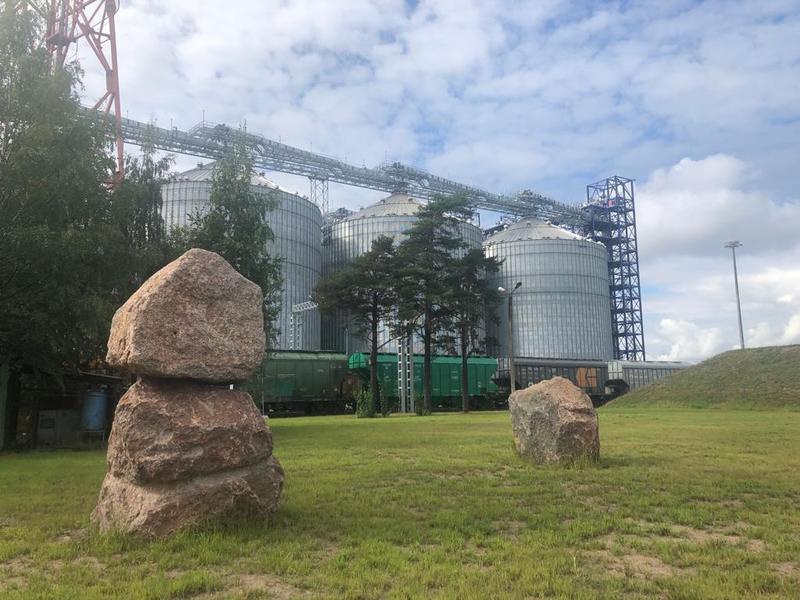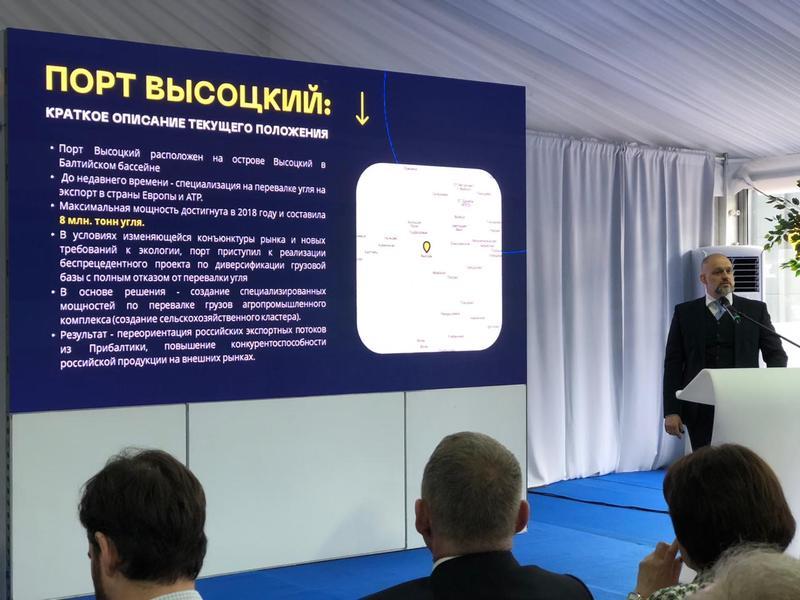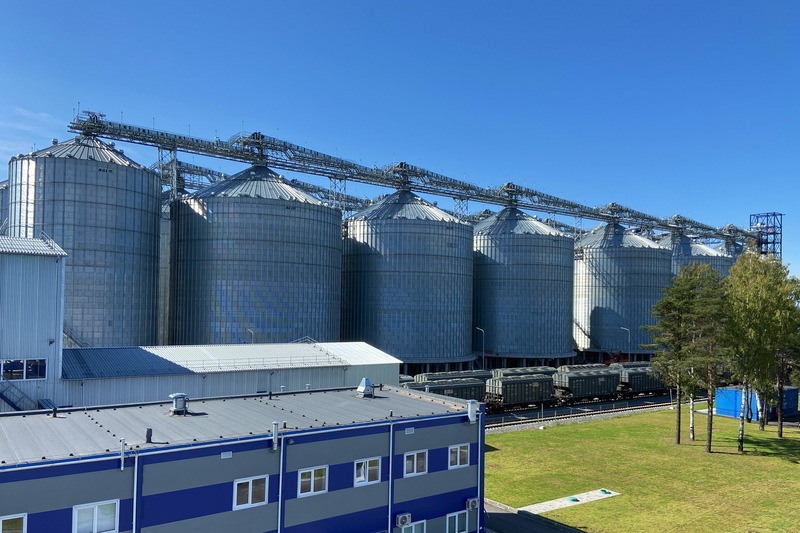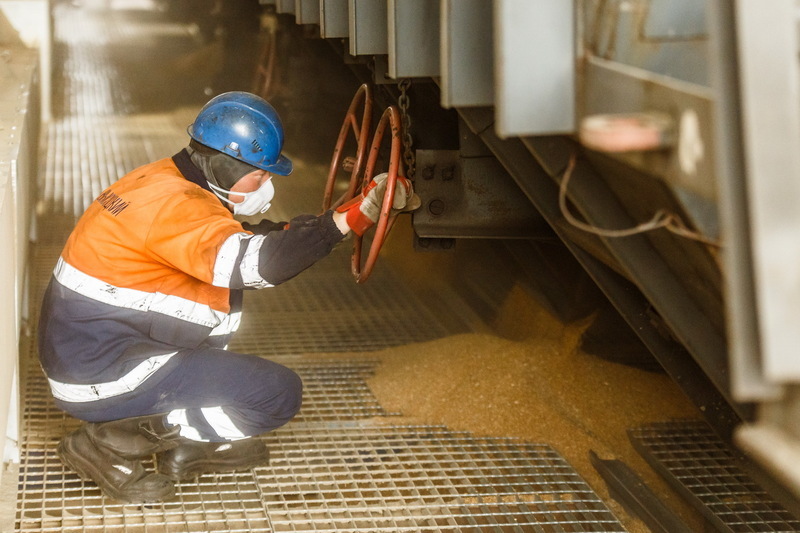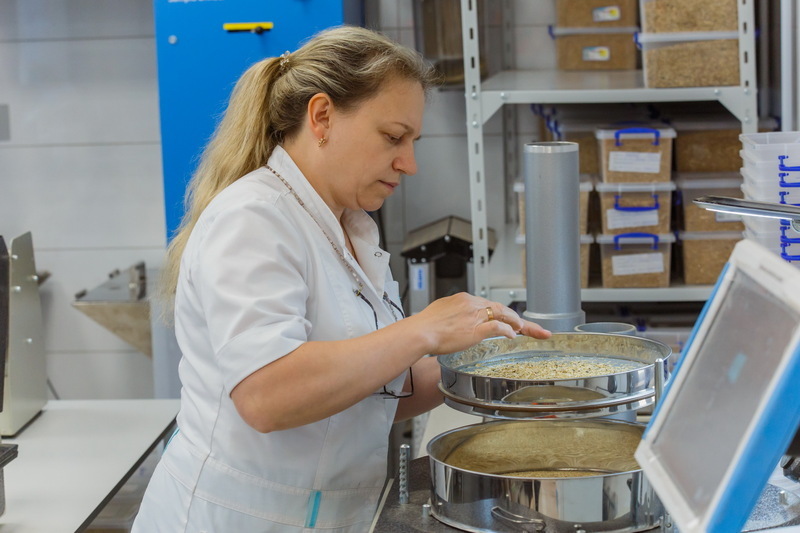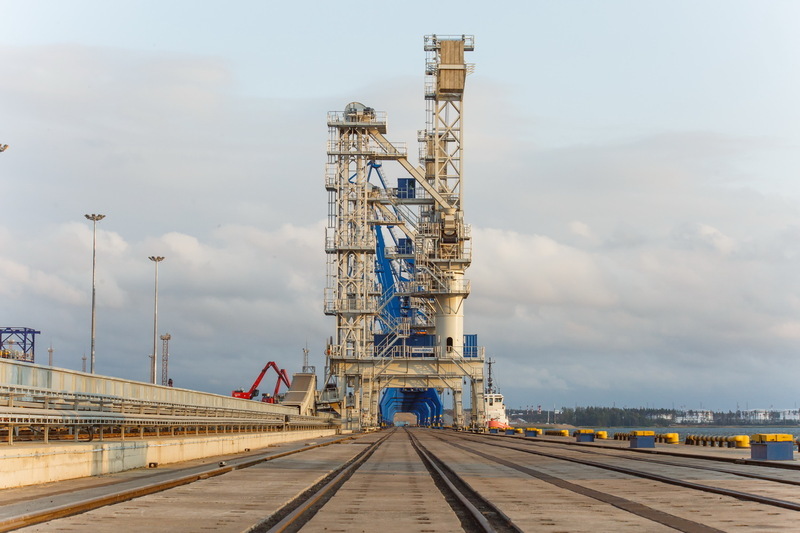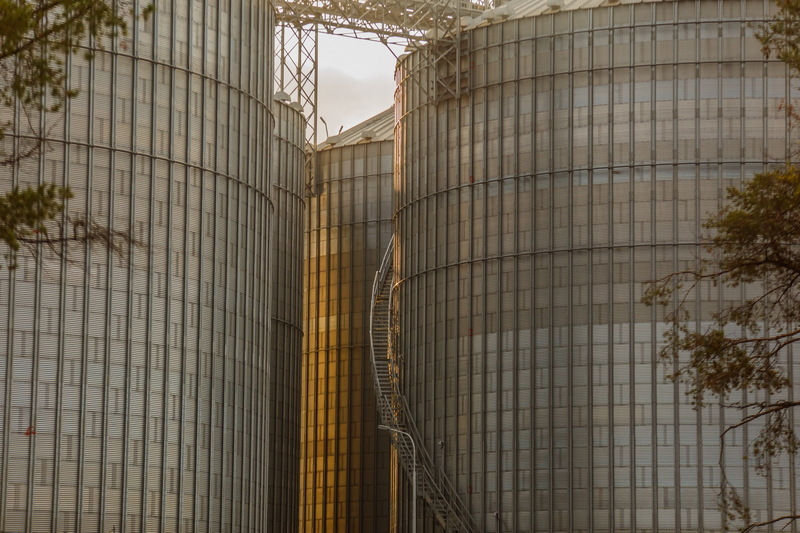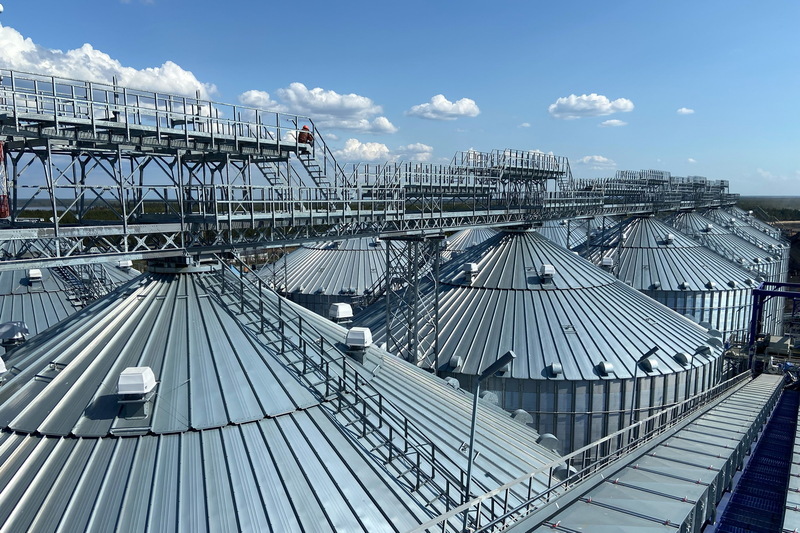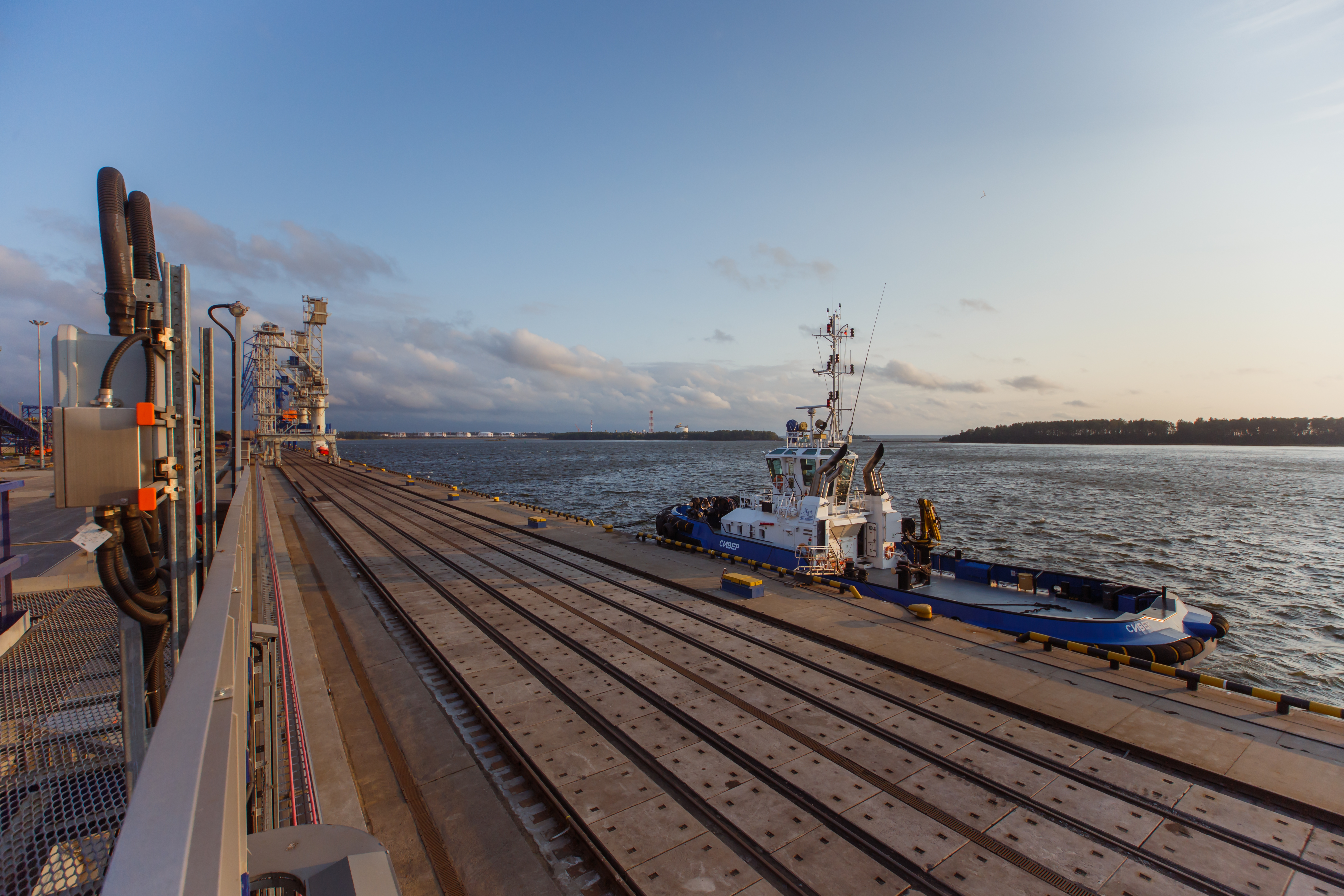
The ceremony of opening deep-water grain terminal Port Vysotsky has been held in the seaport of Vysotsk, the Leningrad Region. The event has been attended by the port managers and representatives of regional and federal authorities, according to IAA PortNews correspondent. The terminal’s design capacity is 4 million tonnes per year. Investments into the project totaled RUB 5.85 billion.
It is the first terminal of that kind in the Leningrad Region and in the North-West of Russia. It is managed by stevedoring company “Port Vysotsky”. The terminal is intended for exports of the key types of cereals (wheat, barley, maize). It complies with the international quality standards. The technology applied at the terminal does not foresee any chain conveyors or norias (bucket elevators).
Only belt conveyors of 1,200 t/h in capacity are involved in the handling process. They provide high stability of operation while preserving the utmost quality of product. The infrastructure of the terminal also includes two berths with a total length of 550 m equipped with two loading machines, 15 silos for accumulation and storing up to 240 thousand tonnes, as well as a station for unloading of railway cars.

“Within a short time we have managed to shift from coal to grain. The decision to convert the port was very difficult, but, as the time proved, absolutely correct and timely. Over the recent years, grain production in the central part of Russia, the Volga region and Siberia has been growing steadily. We expect that with the launch of specialized terminals in Russia’s Baltic area will let increase the volume of grain handling to 7 million tonnes per year in the North-West of the country,” said Oleg Filatov, Port Vysotsky BoD Chairman.
Port Vysotsky has been operating for over 20 years. Until recently, it specialized in exports of coal to European and ATP countries. The port achieved its maximum throughput of about 8 million tonnes in 2018. In 2020, amid the changing market conditions and new environmental requirements, the port embarked on a project to diversify its cargo base and to completely reject coal handling. The decision was focused on creation of facilities intended for handling agricultural cargoes in the framework of an agricultural cluster.
The first step of the port reconstruction was the creation of a grain terminal. It was put into operation in 2023 and has already handled 229 thousand tonnes of agricultural products exported directly to Tunisia, Turkey and China. With the creation of silo facilities and facilities for accumulation of large shiploads, the port expects to handle about 1 million tonnes of cargo by the end of 2023.

According to Alexander Gutsan, Presidential Plenipotentiary Envoy to the North-West Federal District, the launch of a grain terminal in the Baltic Sea allows to relieve the load from specialized ports in the Azov-Black Sea Basin.
The next stage of Port Vysotsky development will be the construction of a terminal for the handling of bulk food cargo. The new terminal is currently undergoing predesigning.
Port Vysotsky LLC is a stevedoring company, formed in 2004. The company provides all kinds of stevedoring services, towing services and organization of bulk cargo storage in the seaport of Vysotsk.
Photos by Port Vysotsky LLC and IAA PortNews




